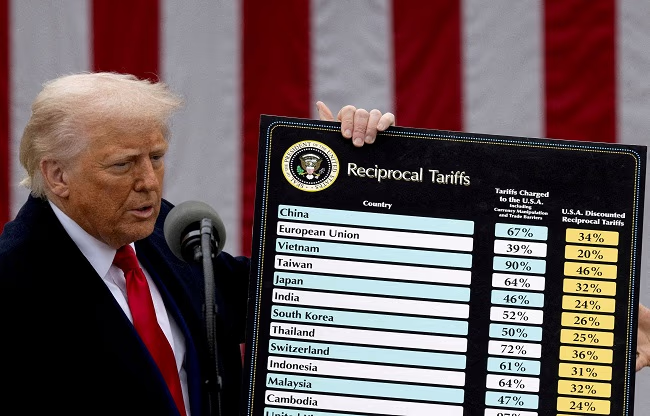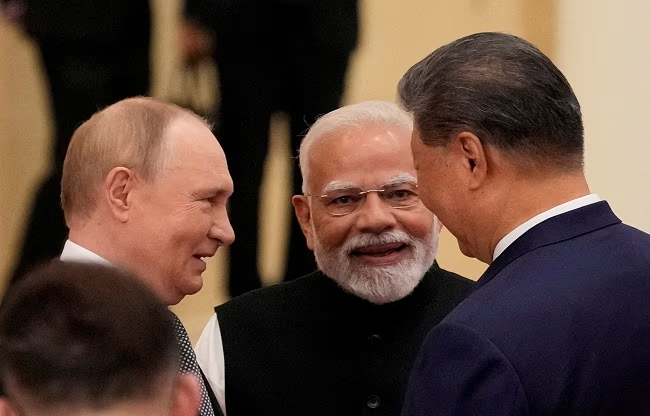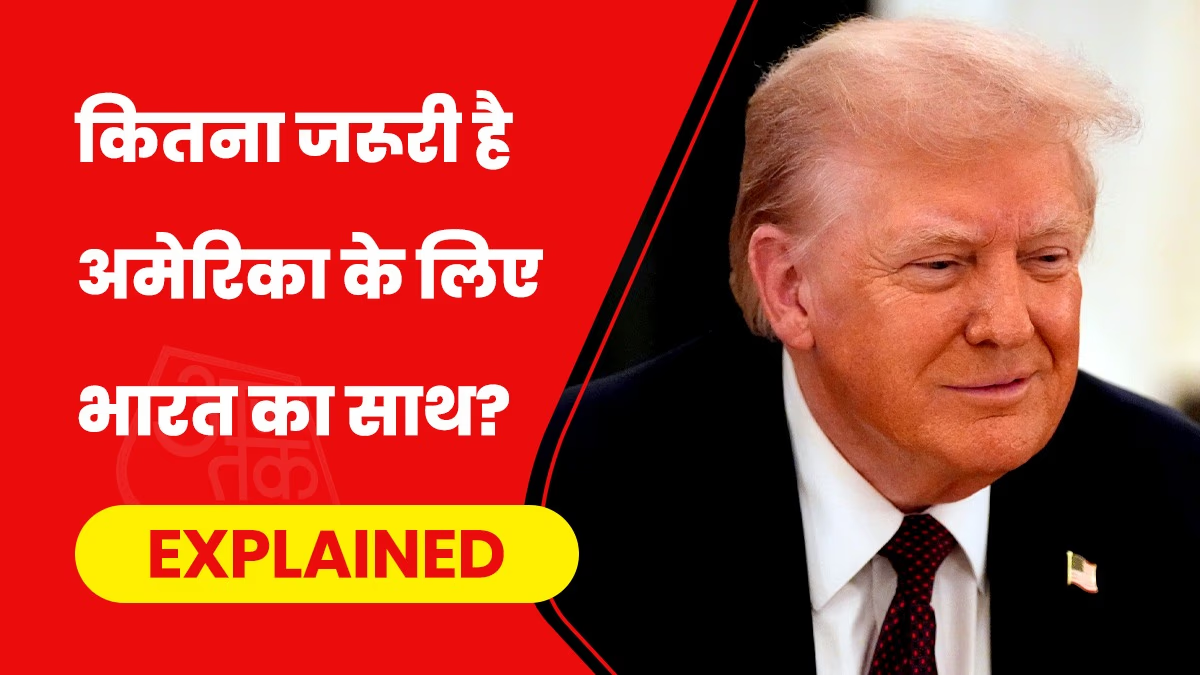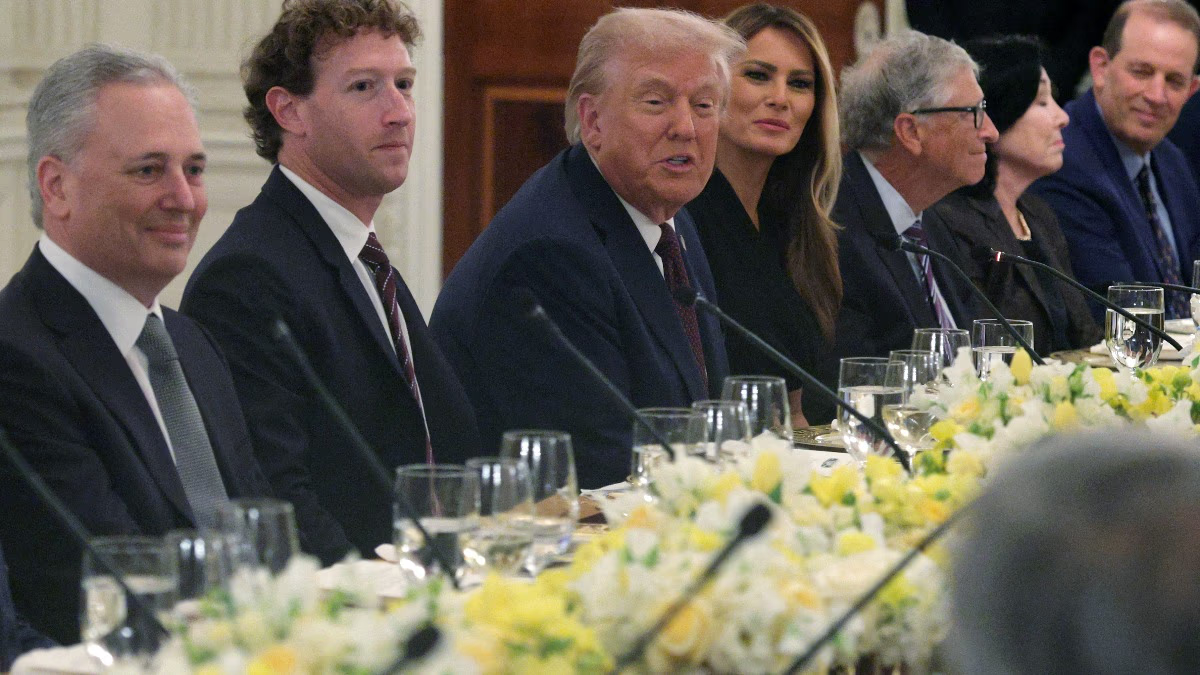The ties between America and India are currently strained. Following the attack on Pulwama, India took a firm stance against Pakistan. That's when Donald Trump entered the scene, causing more confusion with his peace rhetoric. His subsequent tariff war only widened the gap. Now, it seems both nations are growing apart, with Beijing and New Delhi seemingly drawing closer. Nearly eighty years ago, America similarly let China slip from its grasp.
The Rift Between America and China
At the dawn of the 1950s, the relationship between America and China deteriorated sharply. This friction can be traced back to the Chinese Revolution of 1949 when Mao Zedong's Communist Party took control. Washington had hoped China would remain an ally in Asia. However, Beijing leaned towards the Soviet Union, America’s main adversary, leading to the sentiment of 'Who Lost China?' in America.
Shortly after, the Korean War erupted. America sided with South Korea, while China sent troops to support North Korea, directly confronting American forces. This conflict fortified the divide between them.
In Washington, the debate raged about who was responsible for losing China, marking it as the biggest setback in U.S. Asia policy.
Attempts to Reconcile, Yet Troubling
America tried various strategies to bring China back into the fold, imposing numerous sanctions and rallying international opposition. America supported those discontented with China, like Taiwan, escalating political distrust.

Source: aajtak
Today, tensions between China and America are less overt since China has become a formidable force, altering geopolitical dynamics, limiting America's moves despite its power. Yet, the undercurrent of distance that started in the 1950s persists.
Is India Heading the Same Path with America?
At the recent SCO Summit, Indian officials were seen with Chinese leaders, signaling an unprecedented diplomatic move since both nations had stressful ties. After seven years, their leaders reunited, both fatigued by U.S. policies. Unintentionally, America played a role in bringing India and China together. Russia, being a friend to both, adds another layer of complexity. Discussions are now underway about sidestepping the U.S. entirely. If U.S. technology, markets, and foreign policy were to wane, America's global position could be undermined.
Trump seems unconcerned about distancing from India, yet politically there is growing alarm about losing such a crucial partner. Republican leader Nikki Haley warned against jeopardizing ties with India, calling it a strategic catastrophe.

Source: aajtak
Can America Sustain Without India?
A rift with the U.S. wouldn’t be easy for India, yet America would face more loss. India is not just a market but America’s prime strategic partner in balancing China, a pillar of its Asia strategy. Japan and Australia are America's close allies, but their limited population and markets contrast India’s capabilities in challenging China. Losing India could isolate America in the Indo-Pacific region, diminishing its influence in Asia as existing partners are relatively weak and reliant.
India's Strategic Preparation
Though Delhi needs the U.S., alternatives exist. Technology can be sourced from allies like Russia. Many European countries, like Germany, may stay connected amid tensions. For market needs, India and China can collaborate directly. Essentially, India adopts a multipolar approach; if America becomes too overbearing, options like Europe, Russia, Japan, and the Gulf are viable partners.
In conclusion, the U.S. needs India critically, whereas India perceives its relationship with America as advantageous but not indispensable. This reignites the fear of losing India, reminiscent of losing China decades ago—perhaps an even greater setback.




